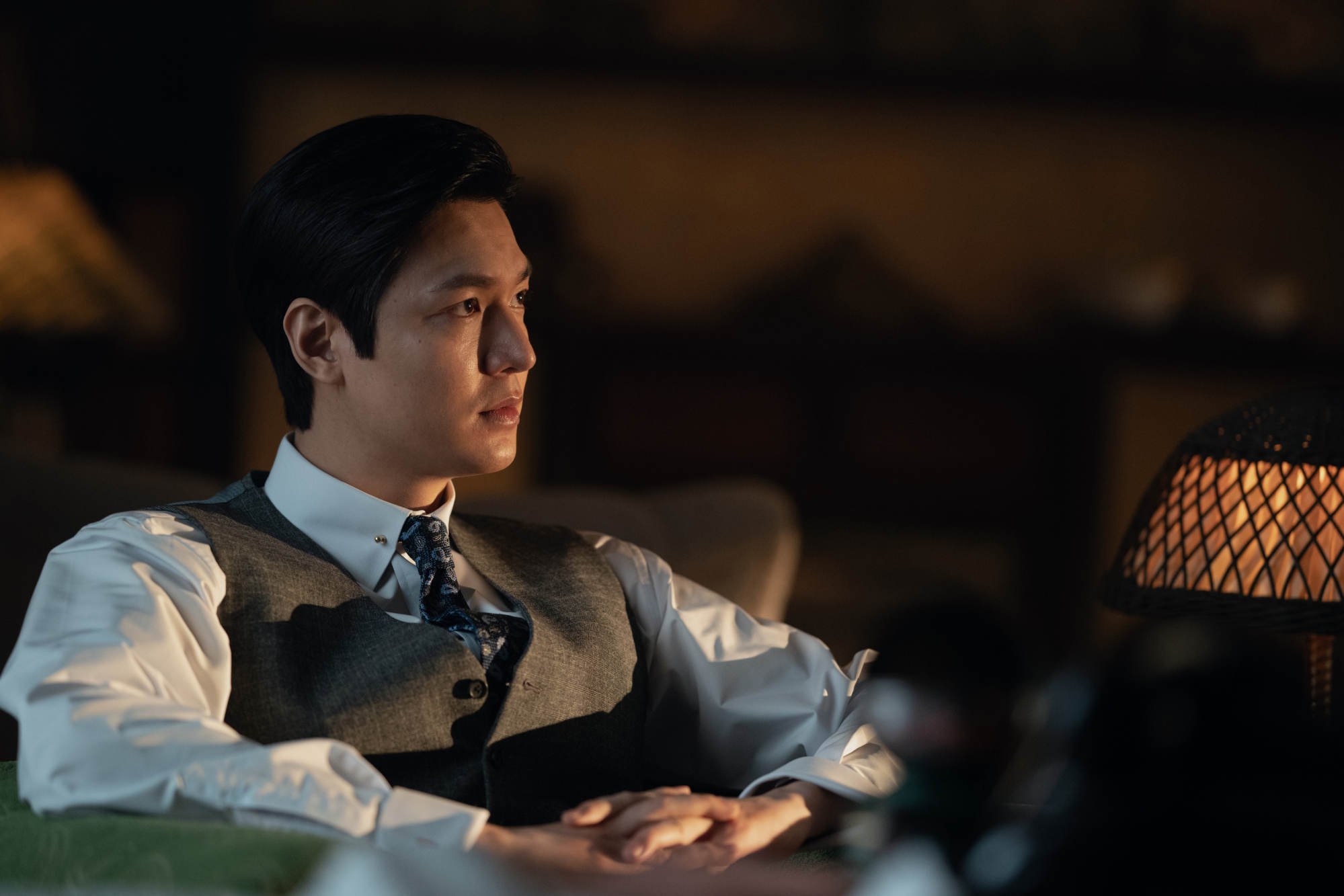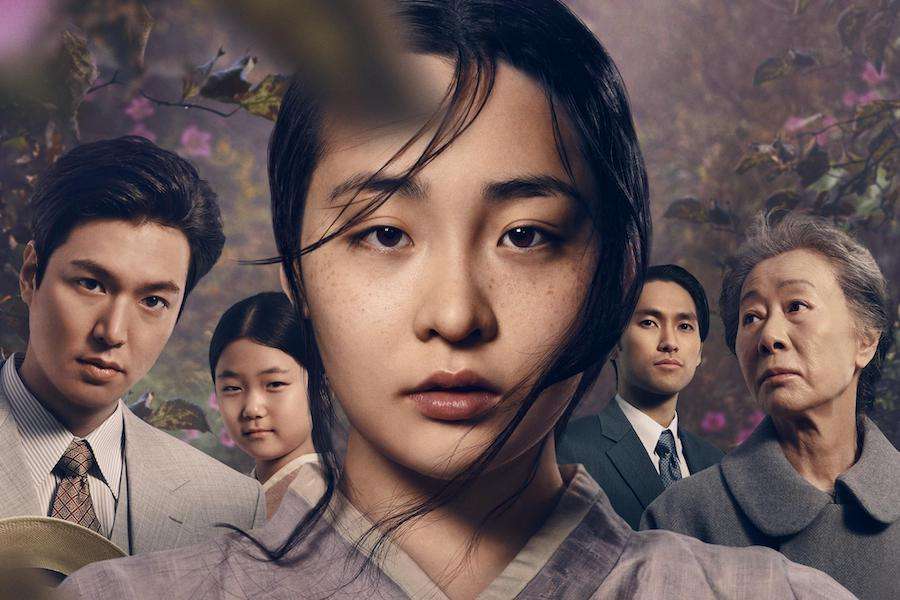- The gripping, multi-year story of a Korean emigrant family’s hardships in Japan is back – and it’s so good a third season must be baked in

Min Jin Lee’s 2017 novel Pachinko is a historical epic about four generations of a Korean family that emigrated to Japan.
In 2022, the novel was adapted for Apple TV+ by American writer Soo Hugh, with directors Kogonada (After Yang) and Justin Chon (Gook) helming four episodes apiece.
A tale of prejudice, hardship and self-sacrifice leavened with moments of incredible intimacy, it spans the Japanese occupation of Korea, the second world war, the Korean war and the economic boom of the 1980s.
Filmed almost entirely in Korean and Japanese, Pachinko continues the trend in American media of telling true-to-life stories from the Asian diaspora in their original languages.
Following the overwhelmingly positive response to season one, season two has arrived, again drawing from Lee’s novel and and this time helmed by Arvin Chen (Au Revoir, Taipei) and Korean-Japanese filmmaker Lee Sang-il (Wandering).
Even so, seeing major US productions staged in anything other than English is a measure of inclusion and progress that should not be understated.
This phenomenon no doubt owes something to the increasing global popularity of Korean drama series, which came into their own during the coronavirus pandemic.
Central to everything is Sunja (Kim Min-ha), a Korean peasant girl whose passionate affair with the wealthy Koh Hansu (Lee Min-ho), from Osaka in Japan, upends her life.
Academy Award winner Youn Yuh-jung plays the elderly Sunja, who in 1989 still lives in Osaka after being taken there 50 years earlier.
Unlike the novel, which unfolds chronologically, Soo Hugh chose to interweave events from the 1980s with the main thrust of the historical narrative from its outset.
Her grandson Solomon (Jin Ha) remains determined to make it rich, despite the collapse of a major land deal that threatens to destroy his reputation in Tokyo’s banking sector. He also gets closer to his Japanese colleague Naomi (Shogun’s Ana Sawai), which prompts Sunja to examine her own prejudices.
As the season unfolds, the family must contend with cataclysmic events such as the dropping of the atomic bomb that devastates Nagasaki and, later, the Korean war. That conflict poses questions to these culturally displaced Koreans: should they return home to fight? And if so, should it be for the South or the North? Should Korea even be considered “home” any more?
Perhaps the most daunting task facing the makers of Pachinko is to keep audiences engaged despite its impossibly dark subject matter. Season two opens during the final months of the second world war, with Sunja’s husband, Isak (Steve Noh Sanghyun), still in prison and US bombers filling the skies and threatening to carpet bomb Japan.
Much of the show’s levity comes in the opening credits, which are deliberately upbeat and feature an anachronistic dance sequence with all the major players, in costume but out of character, strutting down the aisles of the family-owned pachinko parlour to the strains of The Grass Roots’ “Wait a Million Years”.
What keeps viewers riveted are the incredible performances and the hard-earned glimpses of happiness and satisfaction to revel in amid the darkness.
Kim Min-ha is a powerhouse of fortitude and resilience as the young Sunja, while Lee Min-ho remains steadfast as the handsome devil we love to hate, or rather hate to love. Jung Eunchae as Kyung-hee, Sunja’s sister-in-law, really comes into her own this season as the centre of a tempestuous love triangle.
Special mention must be made of some of the cast additions for season two, including Japanese screen icon Jun Kunimura and nine-year-old Kwon Eun-song, whose shameless scene stealing as Sunja’s younger son Mozasu never fails to inject levity into the proceedings.
Of the cast members, Youn is the biggest draw; as every grandmother should, her character projects authenticity and unwavering support for the generations around her.
Pachinko represents the very best in top-tier melodrama, a beautifully realised epic of hardship and heartbreak that speaks to audiences of every creed and colour regardless of where they came from or where they live now.
Its intimate story of families and relationships is pitched against one of the most tumultuous and hostile backdrops imaginable, but ultimately offers hope and optimism for the future.
With swathes of Lee’s source novel still untapped, a third season seems almost guaranteed, which feels in keeping with the spirit of the show – that a family’s journey never ends and tomorrow will be better than today.
Pachinko season two will start streaming on Apple TV+ on August 23.

